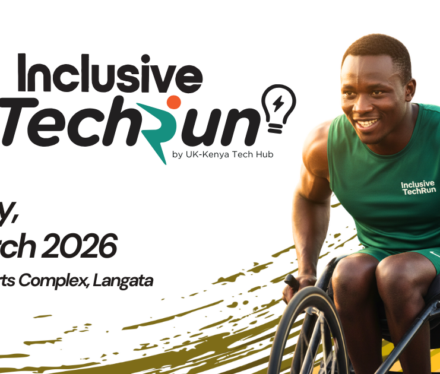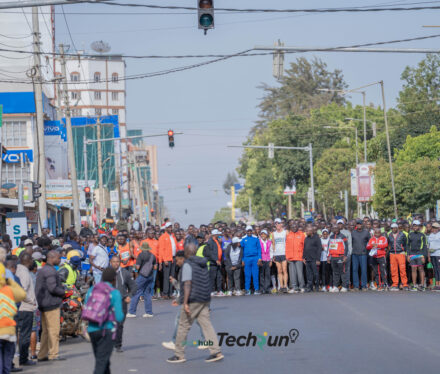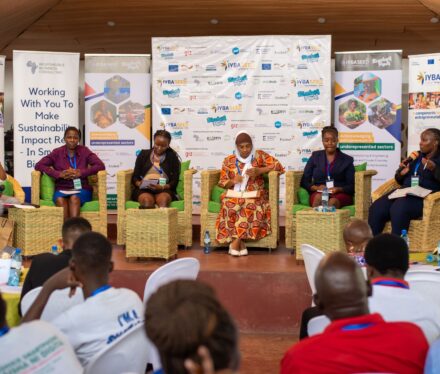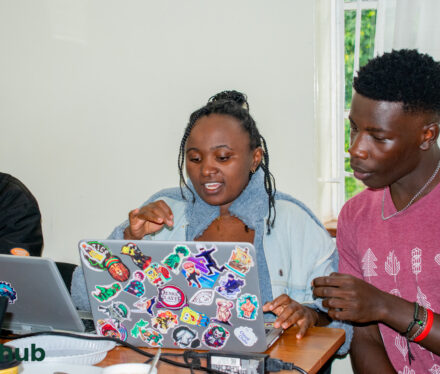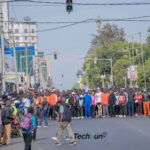Introduction
Kenya’s greatest value is its people particularly its women and youth. With nearly 80% of the population under age 35 and a median age of 19, these demographic groups, who combined constitute a majority of the population, are often marginalised as key actors Kenya’s social, economic, and political progress.
Why Women and Youth Matter: Key Statistics
- Youth (18–34 years): Around 75% of Kenyans fall into this category—over 35 million people.
- Women’s financial inclusion: In 2021, 75.4% of women in Kenya had a bank account—slightly lower than the 83.2% of men.
- Youth unemployment: over 67% of Kenyan youth (15-34 years) are unemployed.
- Informal work: Nearly 80% of those under 35 are in informal, low-quality jobs.
Role in Entrepreneurship
Women and youth have a critical role in entrepreneurship, and need to be provided with an enabling environment to contribute to nation building.
- A majority of Kenyan women (93%) are considering starting a business for employment or to supplement their income.
- The majority of Kenyan youth express a desire to start businesses rather than pursue traditional professions
- Beneficiaries of the Kenya Youth Employment Opportunities Project (KYEOP) reported higher business survival rates and profits (85% and 90% respectively).
Underrepresented Sectors
Women and youth are predominantly in informal sector and significantly represented in agriculture, trade and micro, small and medium size entrprises (MSMEs). Despite the significant portion of the population, women and youth entrepreneurs remain underrepresented key sectors vital to Kenya’s sustainable development. According to data from ACTS (African Centre for Technology Studies and KNBS (Kenya National Bureau of Statistics), key underrepresented sectors are:
- Manufacturing & Engineering (e.g., automotive, industrial machinery, building materials)
- Green and Circular Economy (e.g., renewable energy, recycling, waste management, water, biodiversity)
- Agriculture and Agribusiness (e.g., horticulture, livestock, forestry, value-added processing)
- Technology (e.g., digital start-ups, AI/IoT (Artificial Intelligence/ Internet of Things) solutions, software services)
- Financial Services (e.g., insurance, micro-financing).
- Infrastructure development (e.g., health care, sanitation, road works, logistics, and transport).
- Blue economy (e.g., aquaculture, value-addition and processing, eco-tourism).
- WASH- Water, Sanitation, and Hygiene (e.g. water bottling, hygiene products, sanitation services and recycling).
Role of Incubation Hubs & Accelerators in Entrepreneurship
Some organizations that often identify as business incubators or hubs and Entrepreneur Support Organizations (ESOs) like NakuruBox, Tumaini Innovation Centre, Homeless of Kisumu (HOK), EldoHub, LakeHub and WiseHub support individuals to start and grow their businesses. These type of organizations are supported by development partners (e.g. SNV, GIZ, and Enabel) and local and national government to offer a wide range of business development services that include:
- Business development services (training, coaching, legal/financial advice)
- Market linkages and investment readiness
- Peer learning and networks
Role of Development Partners in Entrepreneurship
International development partners have tailored programmes to support national entrepreneurship needs e.g. through capacity building, funding, etc.
One of such programmes is Investing in Young Businesses in Africa-Supporting Entrepreneurial Ecosystem Development (IYBA-SEED). IYBA-SEED is a European programme that aims to strengthen entrepreneurial ecosystems and facilitate access to development services for start-ups and pre-start-ups led by young people and women in five African countries, including Kenya. The programme is funded by the European Union, Germany, France and Slovakia. It is implemented by the international cooperation agencies SNV and GIZ, Expertise France, SlovakAid, and Enabel.
Government Programmes for Youth & Women fostering Entrepreneurship
The national government has a few key initiatives focused on women and youth entrepreneurship building:
- Youth Enterprise Development Fund established in 2006 which provides financial and business development support services to youth-owned enterprises.
- Women Enterprise Fund step up in 2007 offers affordable subsidized credit facilities and capacity building for women-owned businesses.
- Uwezo Fund created in 2014 and offers socio-economic empowerment of women, youth and persons with disabilities to expand their businesses through access to finance.
- Financial Inclusion Fund (Hustler Fund) founded in 2023 to provide financial product solutions to people at the bottom of the pyramid.
Conclusion & Call to Action
Women and youth entrepreneurship is pivotal to Kenya’s economic transformation, while some efforts are underway to boost entrepreneurship opportunities for women and youth; their potential and contribution in nation building remains under-supported, and under-leveraged.
For Kenya to achieve sustainable development all demographics and even more so those in the majority (women and youth) must be engaged in sectors essential to securing Kenya’s long-term future. This goes beyond traditional sectors like trade, hospitality, and largely informal, into sectors like manufacturing, agri-business, financial services, technology, green and blue economies, infrastructure development, and water and sanitation.


